UnSystem-ing the System
The child welfare system was never designed to protect families—it was built to separate them. At Alia, we believe it’s time for something entirely different. We’re not here only to patch what’s broken; we’re here to help co-design new ways of work alongside communities and systems committed to change.
We partner with child welfare systems to shift from separation to community-led networks of support, keeping families safely together.
An UnSystem approach goes beyond reform. It creates bold, community-driven alternatives to traditional child welfare structures, rooted in healing, belonging, and care. And it centers one clear purpose: to ensure every child grows up safe and supported in their family and in their community.

How an UnSystem approach works
An UnSystem approach creates a locally led, values-based network of care that prioritizes prevention over punishment, relationships over rules, and families over foster care. Every UnSystem approach looks different because it involves co-creating with those most impacted—families, youth, and community leaders.
But they shares the same key characteristics:
- Seeking to end family separation
- Grounding in culturally rooted, community-based care
- Committing to healing from trauma and building trust
- Sharing decision-making power with families, youth, and communities
Why an UnSystem approach
Because families belong together, systems that emphasize separation over preventive supports undermine healthy child development. Focused on surveillance, separation, and punishment, these approaches have detrimental outcomes for children, families, and society.
600,000+
Children who are separated from their families every year, causing lifelong, predictive harm: shortened life spans, increased mental health challenges, and increased substance use
80+%
Number of cases that are driven by poverty, biases, mental health, and substance use; all preventable factors.
53%
Number of black children who are investigated by CPS in the U.S. per year. (Black children are investigated nearly 2x as much as white children).
Our analysis is grounded in data, lived experience, and decades of research showing that systemic inequities—especially those rooted in poverty and bias—drive child welfare involvement.
We believe communities have unique strengths to care for families. Our role is to support them in designing new approaches—aligned with legal and regulatory frameworks—that help families thrive.
.gif?width=400&height=640&name=Untitled%20design%20(1).gif)
How it works
Children need an uninterrupted sense of belonging and connection to thrive. When separated or removed from their families, even briefly, it does lasting harm to their ability to develop in healthy ways. When a community-driven approach is aligned with preserving family bonds, families can access help when needed and children maintain the connections necessary for lifelong healthy development.
Grounded in belonging and inclusion, together we reimagine new ways of working and build a community’s distinctly innovative network of support. An UnSystem approach is a concept that emerged from our national convening, the Ten of Ten for Kids, driven by seven guiding principles.

